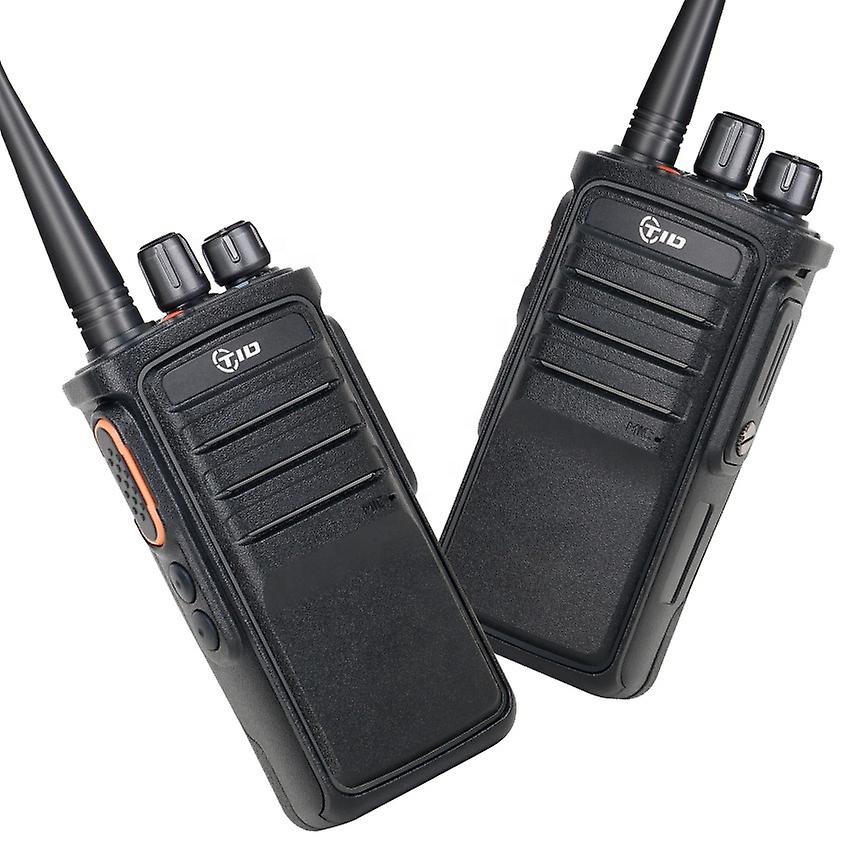Radio communication has undoubtedly revolutionized the world, transforming the way we communicate, gather information, and connect with one another. From its humble beginnings to its widespread adoption, radio communication has played a pivotal role in shaping our society, economy, and culture. In this blog post, we will delve into the multifaceted impact of radio communication, exploring its historical significance, technological advancements, and its enduring relevance in the digital age.
- Bridging the Distance:
Radio communication emerged as a groundbreaking technology that bridged vast distances, enabling instantaneous communication across borders and continents. It connected people in ways never before imagined, transcending geographical barriers and fostering global connectivity. The ability to transmit and receive messages in real-time revolutionized industries such as maritime, aviation, and emergency services, enhancing safety, efficiency, and coordination. - Spreading Information and Entertainment:
Radio became the primary medium for disseminating information and entertainment to the masses. It brought news, music, and stories directly into people's homes, providing a source of education, inspiration, and entertainment. Radio broadcasts played a crucial role during times of crisis, serving as a lifeline for communities, delivering vital information and fostering a sense of unity. - Empowering Social Change:
Radio communication has been a catalyst for social change, amplifying voices and empowering marginalized communities. It has served as a platform for advocacy, education, and cultural preservation. Radio programs have played a pivotal role in promoting human rights, democracy, and social justice, giving a voice to those who have been historically silenced. - Economic Impact:
The advent of radio communication revolutionized the advertising and marketing industries. It provided businesses with a powerful tool to reach a wide audience, enabling targeted advertising and the promotion of products and services. Radio commercials became an integral part of the consumer experience, driving economic growth and shaping consumer behavior. - Technological Advancements:
Radio communication has continuously evolved, embracing technological advancements to enhance its capabilities. From the introduction of FM radio to the development of satellite communication, each innovation has expanded the reach and quality of radio broadcasts. The digital age has brought about internet radio and podcasting, further diversifying the ways in which we consume audio content.
Conclusion:
Radio communication has left an indelible mark on the world, transforming the way we communicate, access information, and experience entertainment. Its impact spans across industries, cultures, and generations. From its early days as a revolutionary technology to its present-day digital manifestations, radio communication continues to shape our world, connecting us in ways that transcend time and space.

